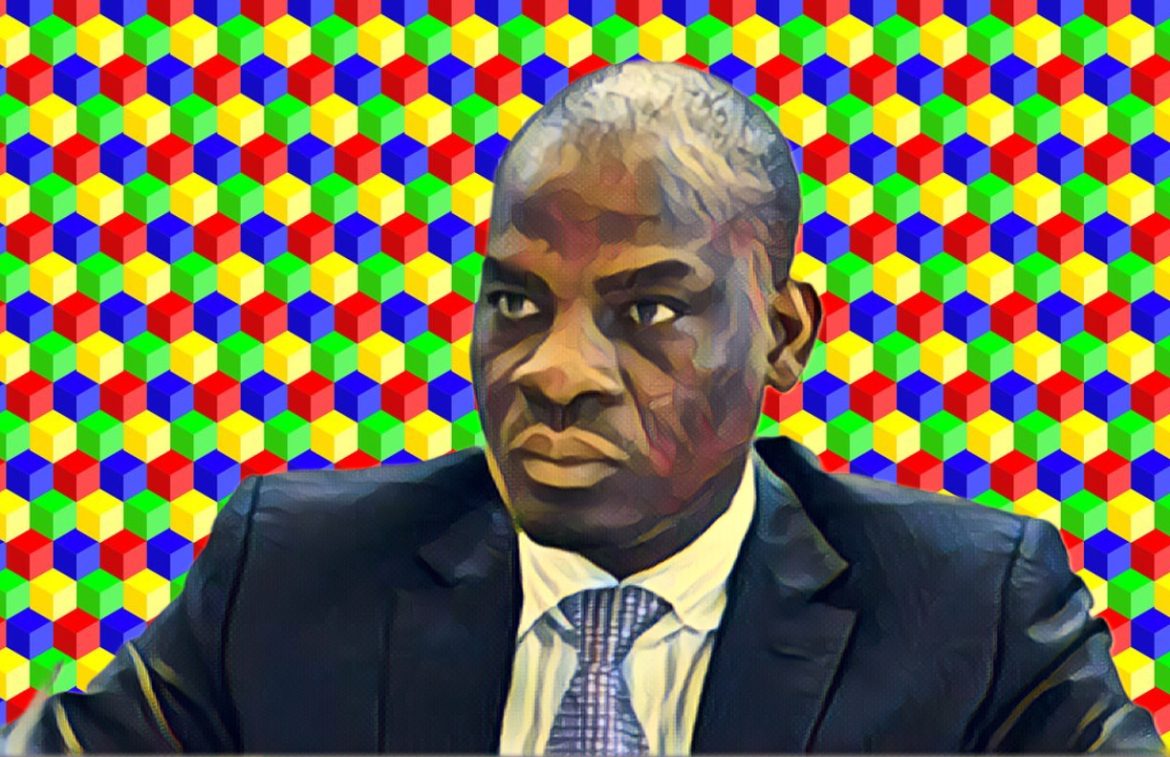In a recent development that has sparked significant controversy and debate in Ghana, Haruna Iddrisu, the former Minority Leader and current Member of Parliament for Tamale South, has voiced his concerns over a letter from the Presidency to Parliament. This correspondence, dated March 18, 2024, specifically requested that the Bill on Human Sexual Rights and Family Values not be transmitted to President Nana Akufo-Addo for assent. Iddrisu has condemned this action, characterizing it as a direct threat to the democratic fabric of Ghana and an overreach that undermines the autonomy and authority of the legislative branch of government.
According to Iddrisu, this directive from the Presidency is not just an isolated incident but a reflection of a broader attempt by President Akufo-Addo to assert undue influence over other arms of the state. This situation has raised alarm bells for Iddrisu, who articulated his deep concerns about the implications of such a move for the principles of democracy in Ghana. “I am unable to sleep because this is a monumental threat to Ghana’s democracy and a monumental threat to Parliament as an institution,” he expressed, highlighting the gravity he attaches to the issue.
The core of Iddrisu’s argument rests on the constitutional mandate provided to Parliament under Article 93, which vests the body with legislative authority and responsibility. By attempting to circumvent this process, the Presidency, in Iddrisu’s view, not only disregards the constitutional separation of powers but also encroaches upon the legislative domain that is explicitly reserved for Parliament.
The Secretary to the President, Nana Bediatuo Asante, justified the request in the letter by pointing to two pending applications for an order of interlocutory injunction before the Supreme Court. Despite this rationale, Iddrisu insists that the President’s action reflects an overarching desire to dominate and influence the functioning of other state organs, which he deems fundamentally unacceptable. He called upon Ghanaians who value democracy and the principles enshrined in the 1992 Constitution to stand against such overreach.
Iddrisu’s critique extends beyond the mere act of sending the letter to question the procedural propriety of the communication. He challenges the authority of the President’s Secretary to address such a directive to the Clerk of Parliament, arguing that, according to the standing orders, any official communication of this nature should be directed to the Speaker of Parliament by the President himself. This deviation from established protocol, according to Iddrisu, renders the letter procedurally flawed and without substantial effect.
This contentious issue brings to the forefront the delicate balance of power among Ghana’s branches of government. The separation of powers, a cornerstone of democratic governance, is designed to ensure that no single branch can overstep its bounds or unduly influence the others. Iddrisu’s call to action is not just about the anti-gay bill itself but a broader defense of democratic norms and the integrity of Ghana’s constitutional framework.
As the debate continues, the situation underscores the ongoing struggles within Ghana’s political landscape, where the tension between preserving traditional values and aligning with international human rights standards often results in polarizing discussions. It also highlights the importance of adhering to constitutional procedures and the checks and balances that safeguard the nation’s democratic institutions.
Haruna Iddrisu’s response to the Presidency’s letter is a clarion call for the protection of parliamentary sovereignty and democratic principles in Ghana. It raises critical questions about the limits of executive power, the role of the judiciary in resolving constitutional disputes, and the collective responsibility of Ghanaian citizens to uphold the tenets of democracy. As this situation unfolds, it will undoubtedly continue to evoke discussions about governance, democracy, and human rights in Ghana, reflecting the complex interplay of legal, political, and social dynamics that define the nation’s democratic journey.
Source: Graphic Online





2 comments
Thank you for your sharing. I am worried that I lack creative ideas. It is your article that makes me full of hope. Thank you. But, I have a question, can you help me? https://accounts.binance.info/kz/register-person?ref=K8NFKJBQ
Your article helped me a lot, is there any more related content? Thanks! https://accounts.binance.info/de-CH/register?ref=W0BCQMF1